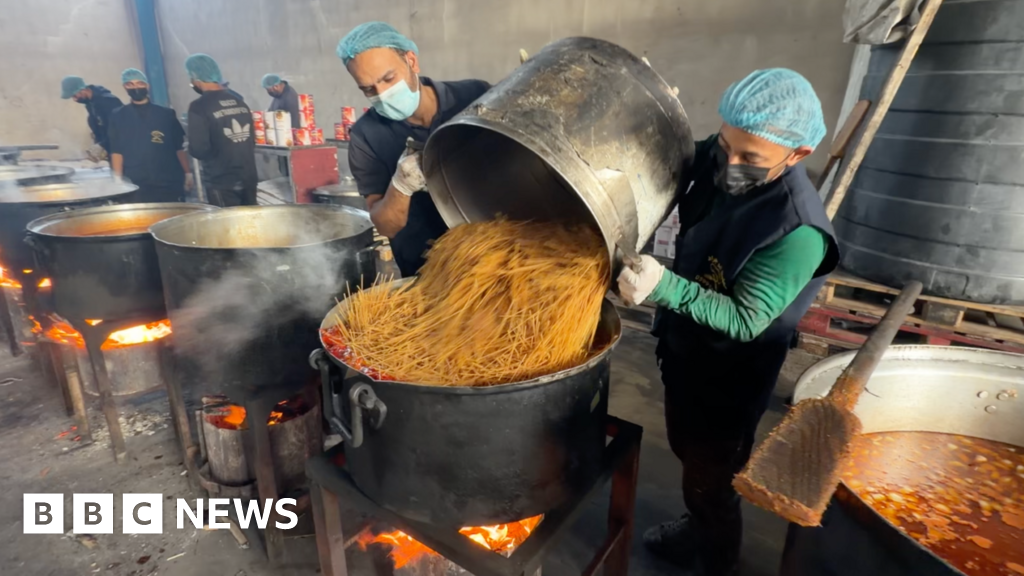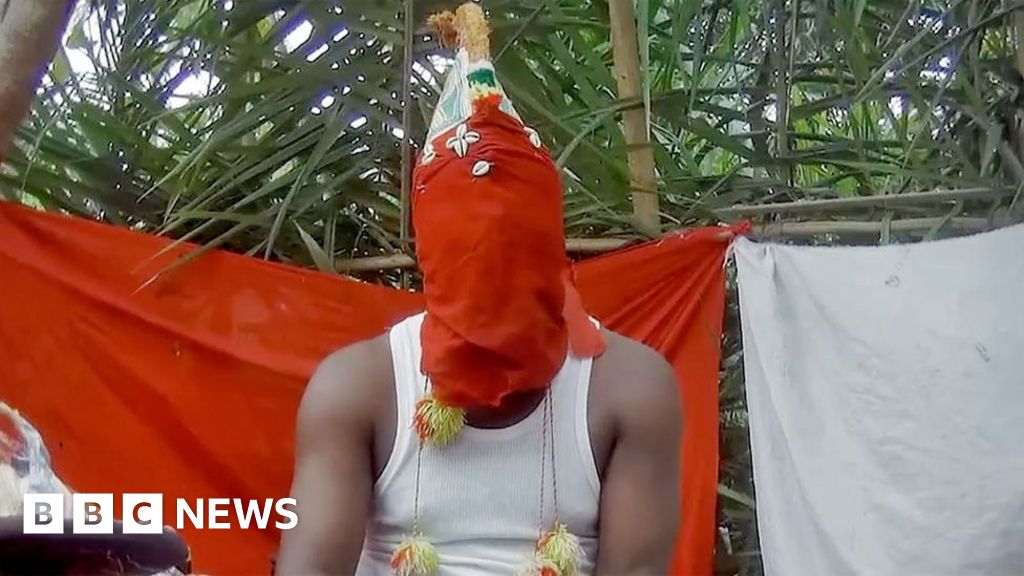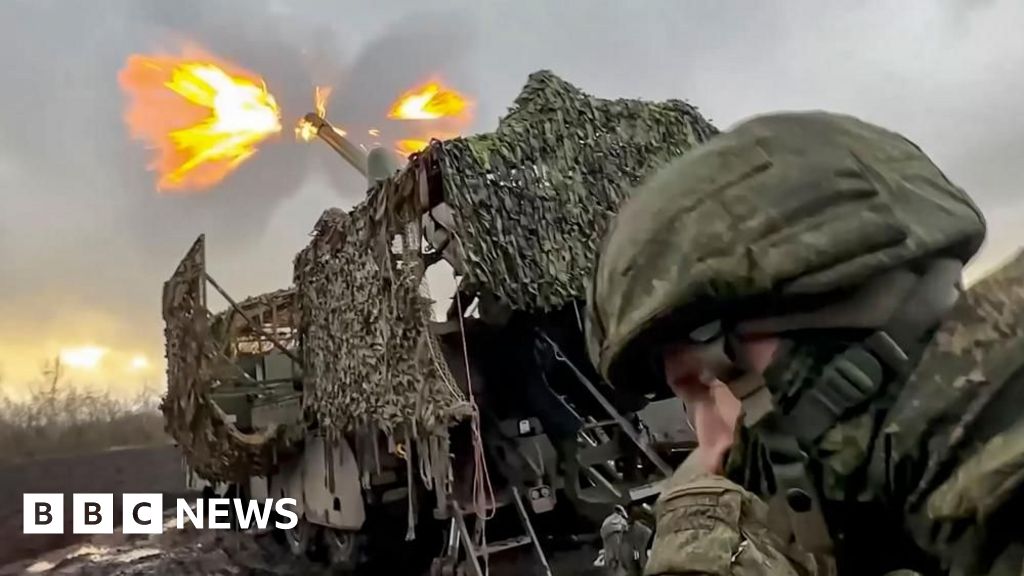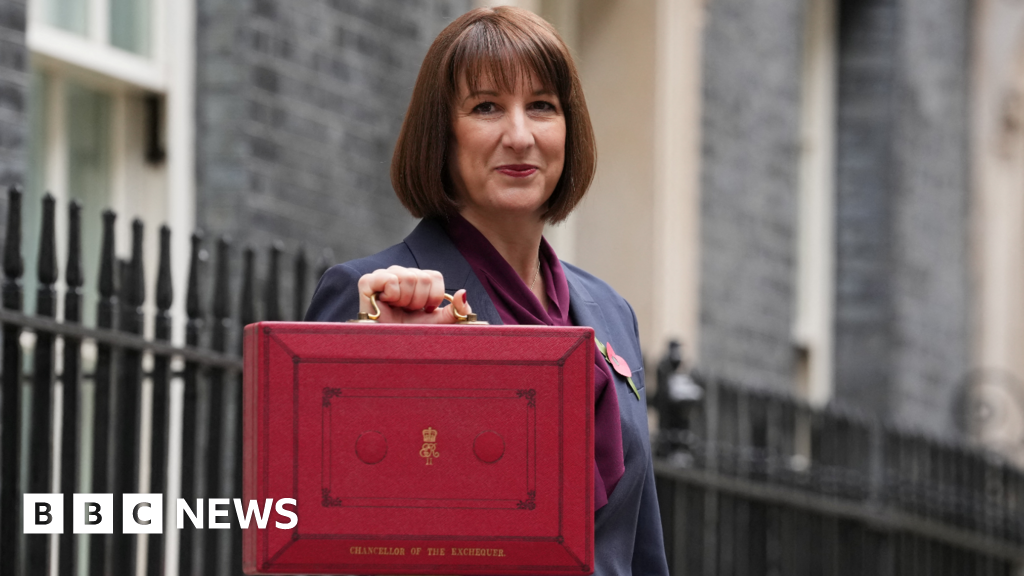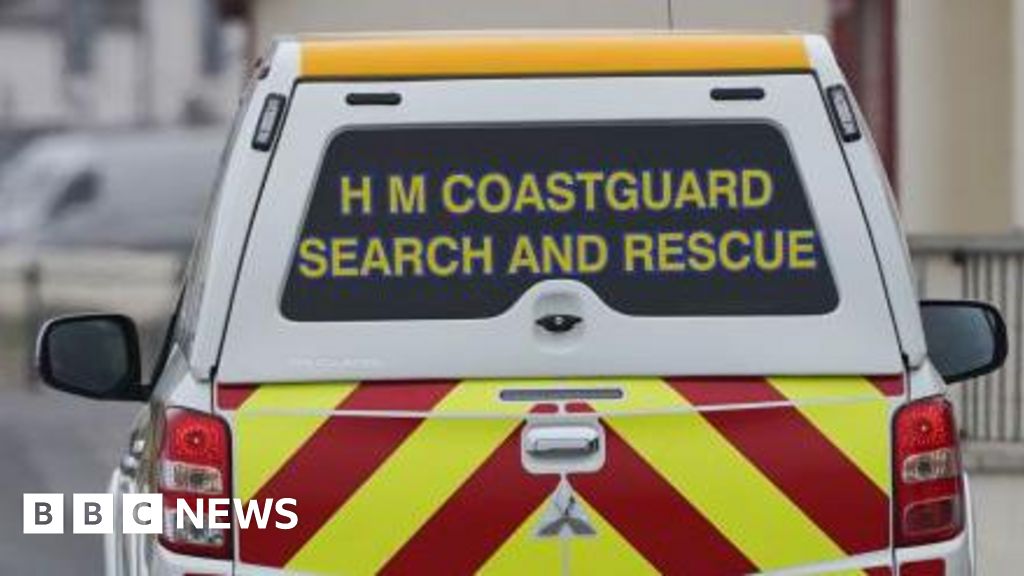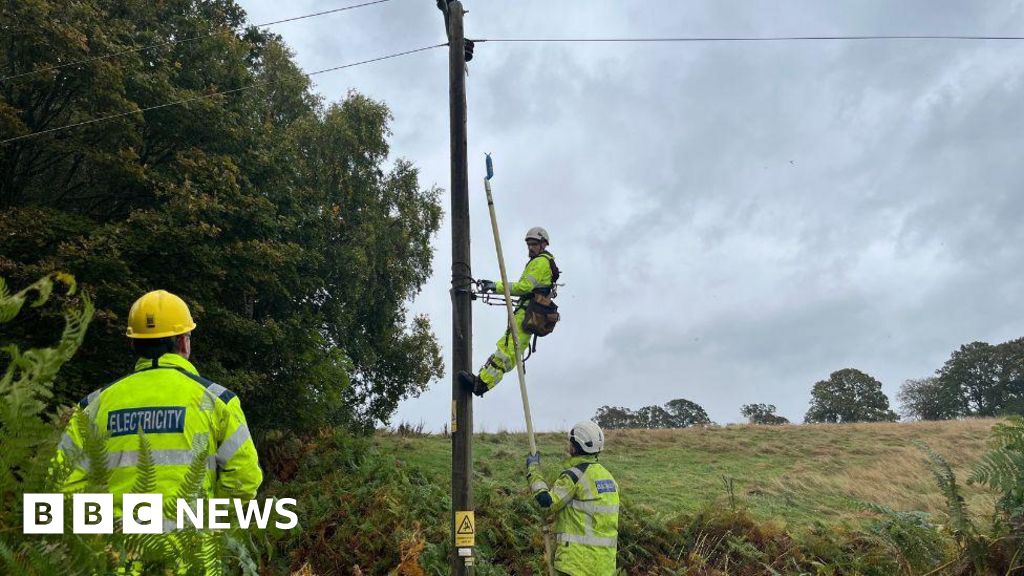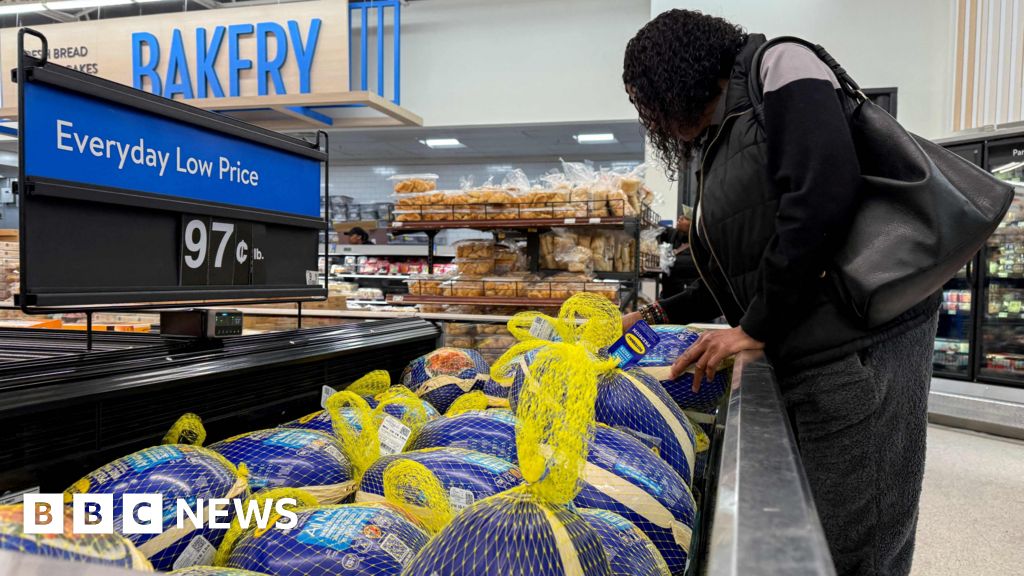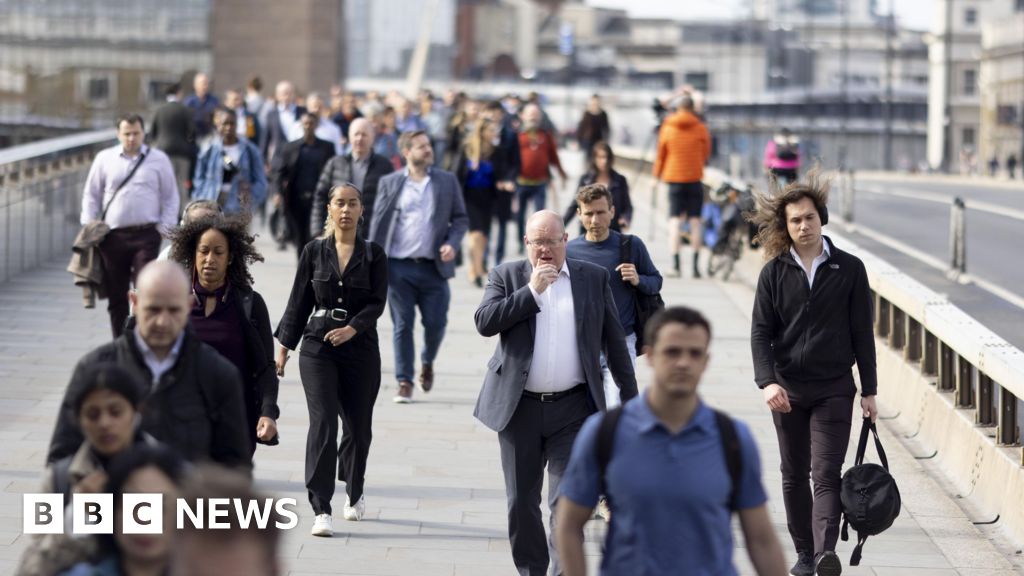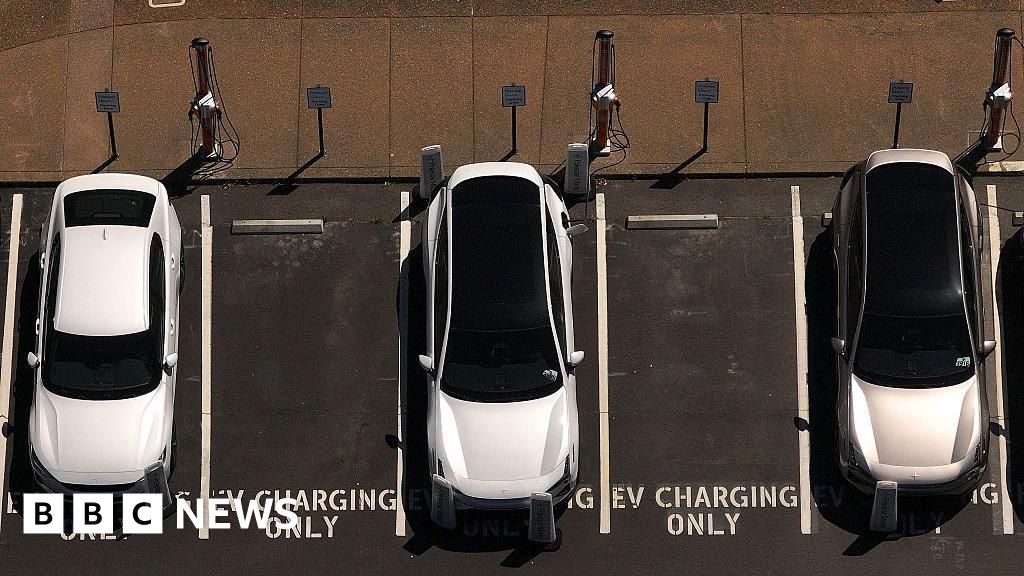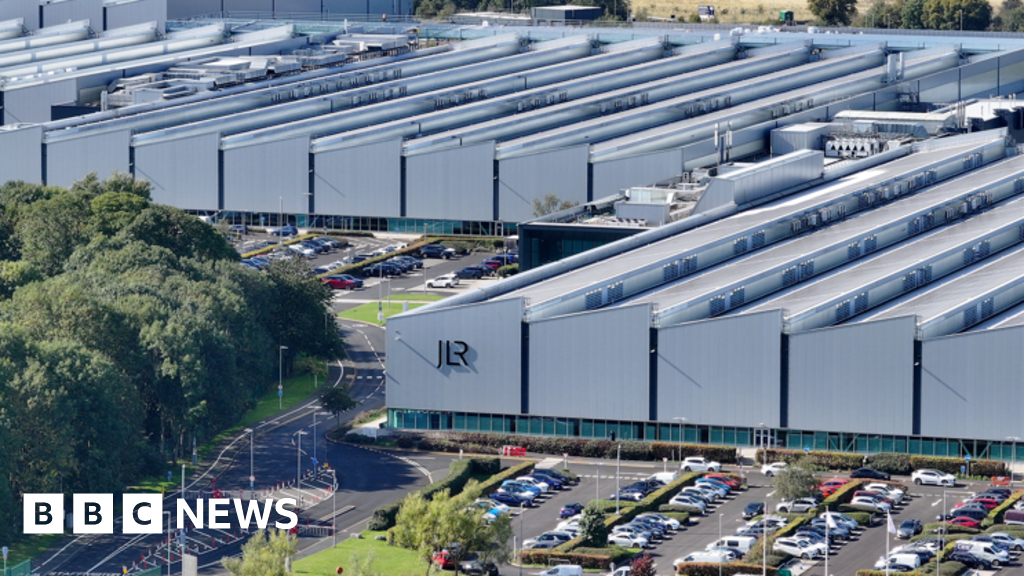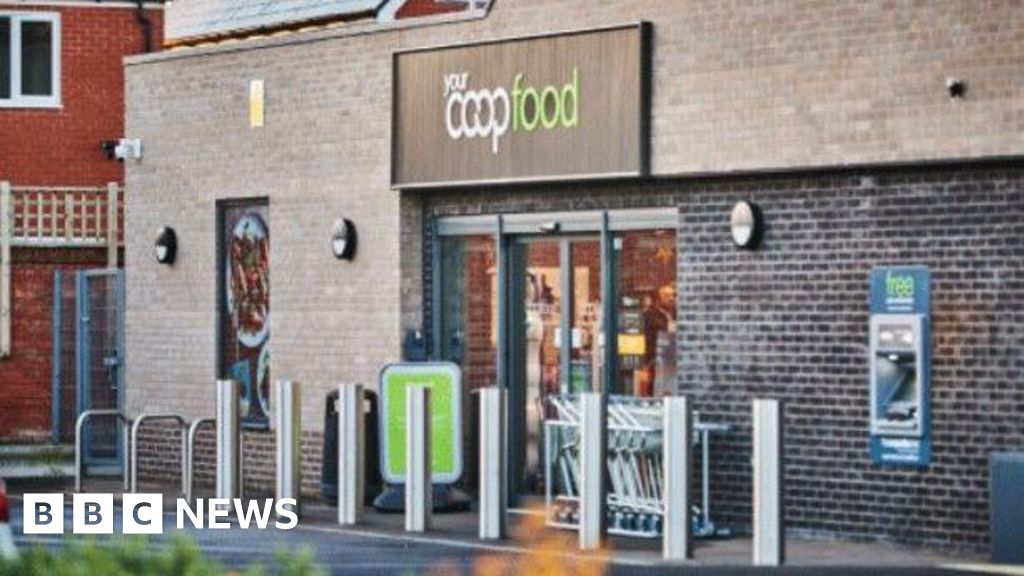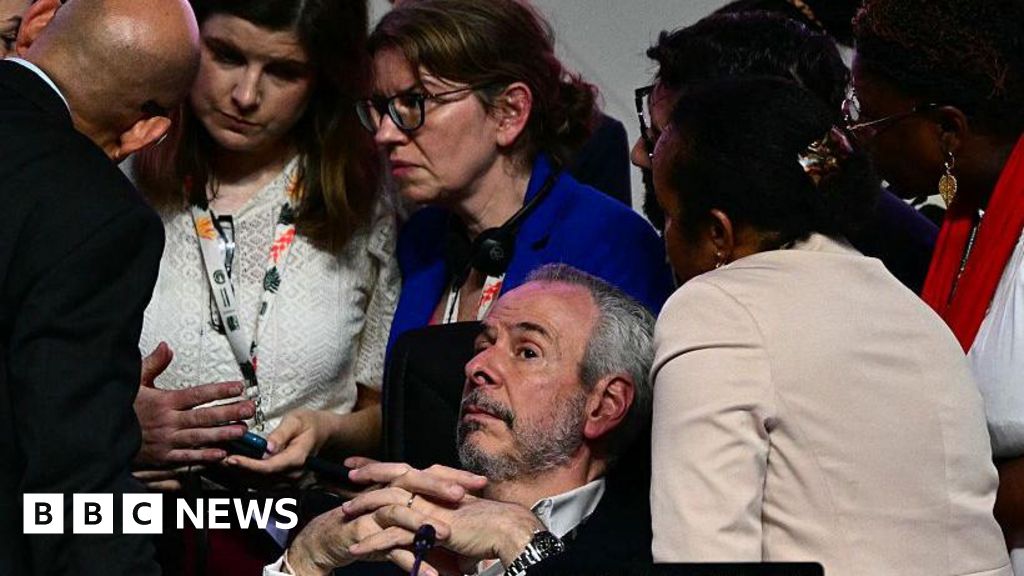Eleanor LawsonWest Midlands
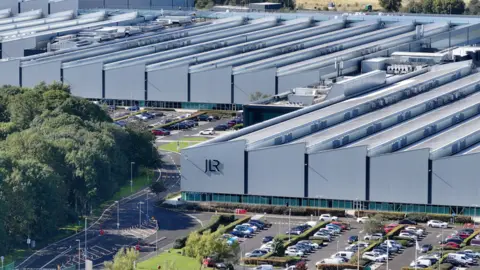 Getty Images
Getty ImagesA month on from the cyber attack that devastated Jaguar Land Rover (JLR), the company’s engine manufacturing plant in Wolverhampton will be the first of its factories to resume production.
Work will restart at the factory on Monday and while it will take time to build back up to full production, it will no doubt be a relief for the company, which has been haemorrhaging millions of pounds every day its factories have been closed.
While JLR will be counting its losses, so are many Wolverhampton businesses, with JLR’s closure shaking the ecosystem of the city, as companies both within the supply chain and outside it suffer the consequences of the cyber attack.
So how badly has Wolverhampton been hit by the cyber attack on JLR and the temporary closure of the city’s engine plant?
Sarah Moorhouse, CEO of the Black Country Chamber of Commerce, told the BBC that Wolverhampton and the Black Country’s concentration of automotive suppliers meant the impact was “a big thing”, with local companies fearing cash flow crises, lay-offs, the loss of specialist skills and supplier insolvencies.
“The region itself has nearly three times as many automotive supply chain firms as the UK on average,” Ms Moorhouse said.
“Of that concentration we do have a huge amount of highly specialised individuals and businesses who have increased vulnerability to prolonged shutdowns.”
 Black Country Chamber of Commerce
Black Country Chamber of CommerceThe Black Country Chamber of Commerce, along with two other chambers of commerce, conducted a survey of businesses to see how they have been affected by the attack and what kind of help they wished to receive from the government.
Ms Moorhouse said a tier one supplier for JLR wrote: “I’m concerned that if I start laying off our employees they will quickly get jobs which will affect the skillset of my business.
“We struggle as it is to maintain skill levels and this could be a major problem I think for our industry.”
At the time, they called for a furlough-type scheme, although a day after the survey the government effectively rejected that, offering a £1.5bn loan guarantee to JLR instead, in a bid to protect its suppliers.
Another supplier involved in the survey also said they had seen the cyber attack had affected 60% of its operations, and that business had been “really hard”.
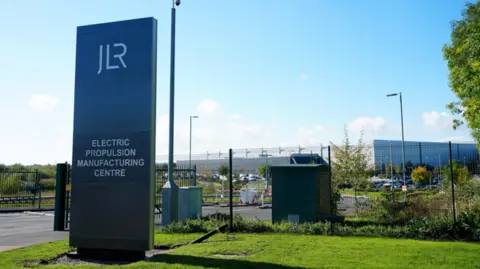 Getty Images
Getty ImagesHowever, Ms Moorhouse said businesses outside of the supply chain had also been hit hard.
“The hospitality industry is being affected. The local chippy around the corner [from the plant] is suffering, a couple of cafes are also struggling,” she said.
“A couple of carpool schemes have really been affected because no one needs to carpool or hire a car because no one’s going on site.”
More widely, a lack of cash in automotive workers’ pockets means less money spent in countless other local businesses.
‘Can’t wait for red tape’
Ms Moorhouse said the £1.5bn loan guarantee was “a great start”, but that the money needed to flow through the supply chain “fast”.
“Companies in the region are making redundancies and almost can’t wait for the bureaucracy, the red tape,” she said.
“The pace needs to be very fast and it’s got to be clear that speed is critical for cash flow.”
Ian Jackson, a senior lecturer in economics and finance at the University of Wolverhampton, also acknowledges the threat that the attack poses to the city.
“Clearly we are a major part of JLR in this area. We are acutely aware that we sit in a very important position in the region’s and global supply chain and we take it very seriously,” he said.
“This is a threat to our city and our region’s prosperity.”
The University of Wolverhampton was also hit by a cyber attack last year, so Mr Jackson said he knew full well the implications of such events.
“We were at the sharp end in the sense that it affected all of our internal systems, or a good proportion of them, so we were debilitated for some time,” he said.
“The effect hopefully will just be short-lived if this is a one-off episode, but obviously if it carriers on into the future and beyond completing full production by the end of this year, then that’s going to be critical and very worrying for our area.”
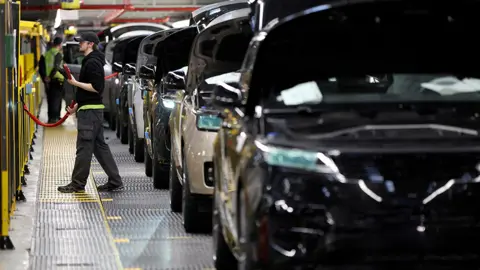 Reuters
ReutersSpeaking about the importance of JLR to the area, Mr Jackson said: “Production facilities like Wolverhampton and Solihull have a greater Gross Value Added than areas that don’t.
“So that feeds directly into our local communities and economies and it gives a beacon to attract better paid more qualified scientists and engineers into our area, that gets productivity up, that helps with innovation and it pushes the whole economy forward.
“JLR in South Staffordshire and JCB in North Staffordshire, these are beacon manufacturers that provide skilled jobs and help the supply chain prosper.
Focusing on the importance of Wolverhampton, Ms Moorhouse said the Black Country was “the backbone” of the UK automotive manufacturing industry.
“These skilled workers have expertise that took years to develop, so if we lose these businesses to this crisis, we’re not just talking about immediate job losses, we’re talking about potentially dismantling the industrial heritage that makes Wolverhampton and the wider Black Country region globally competitive.”


